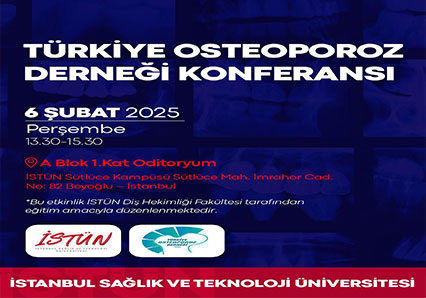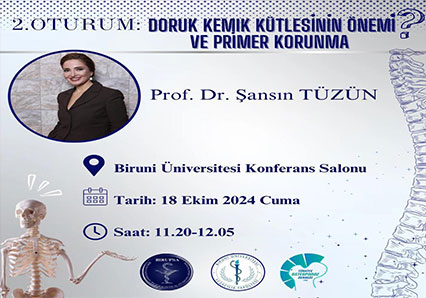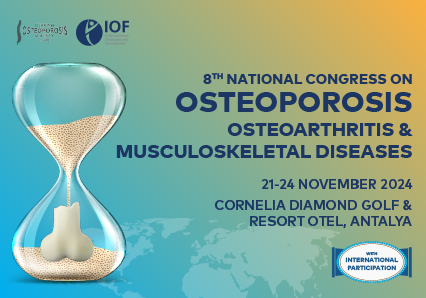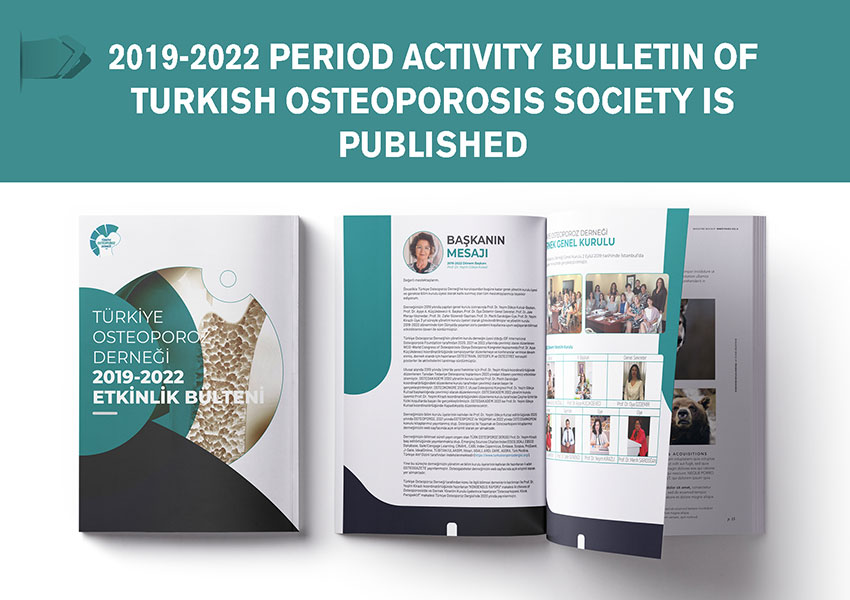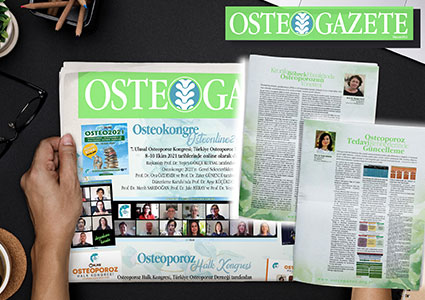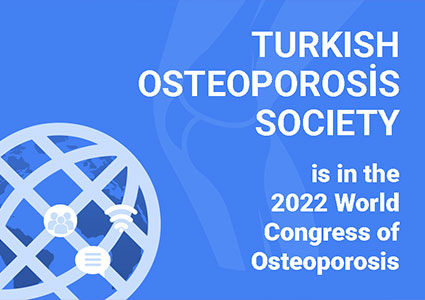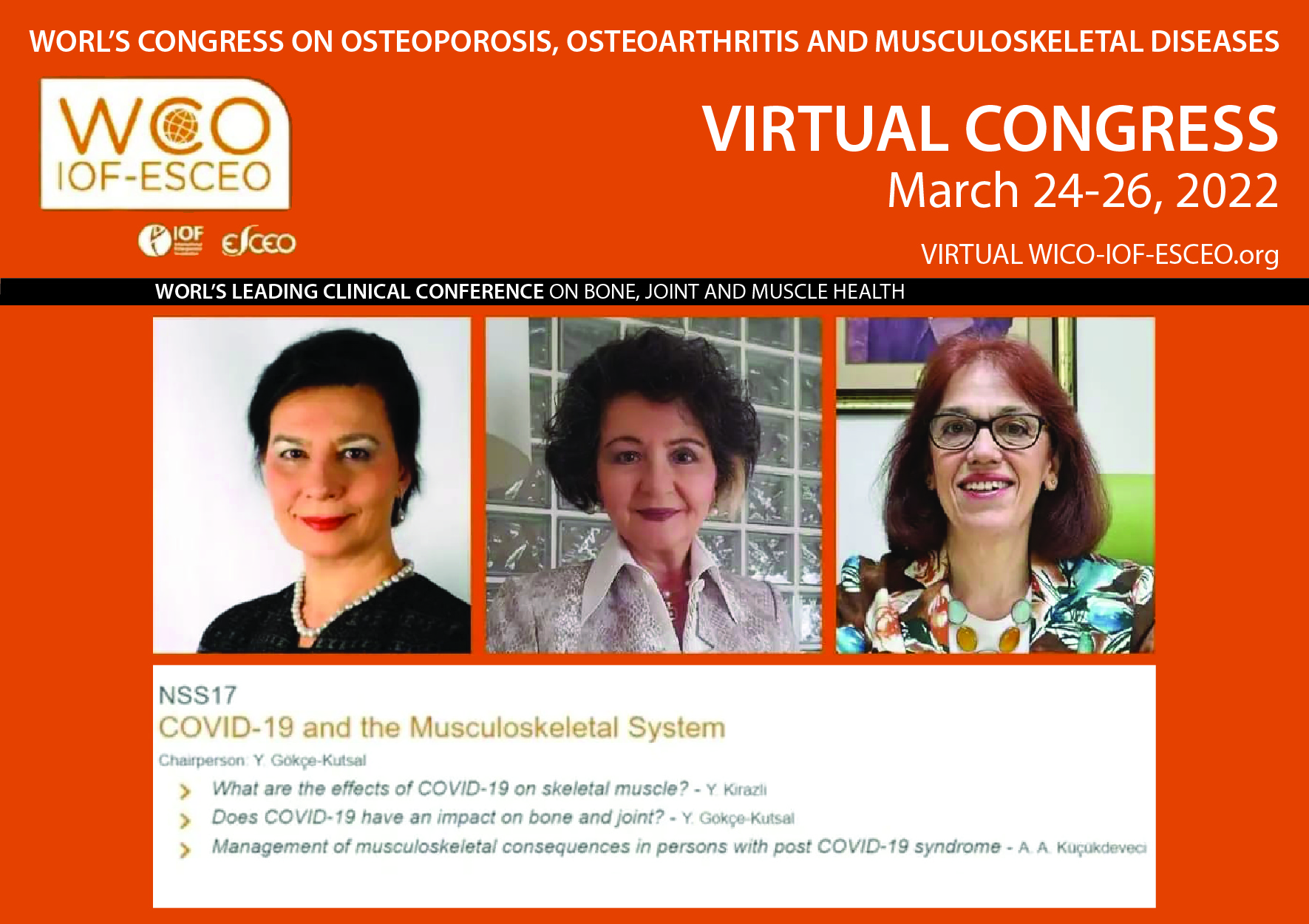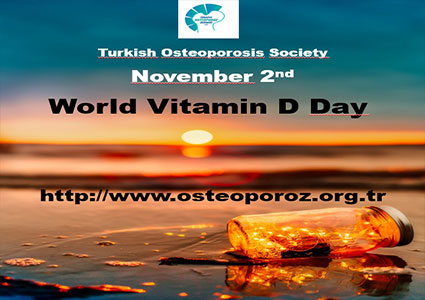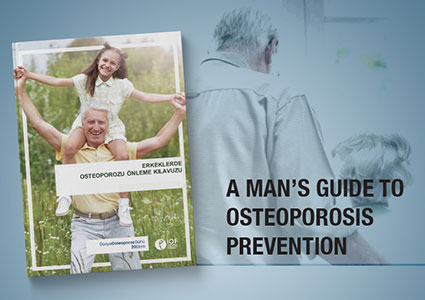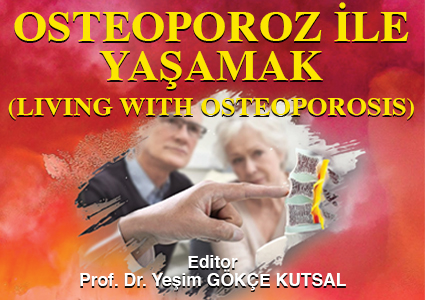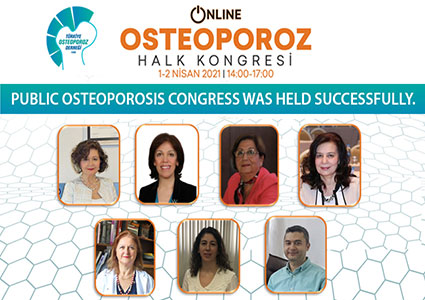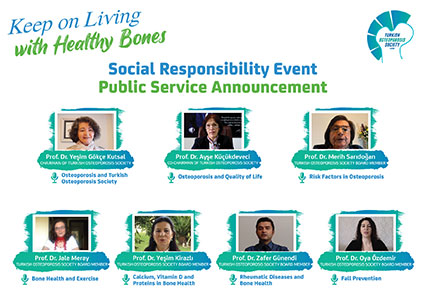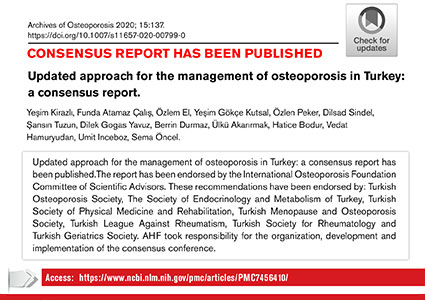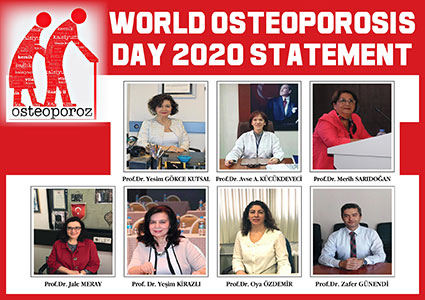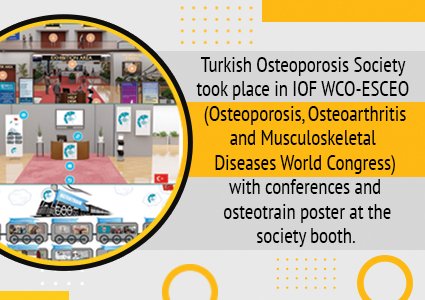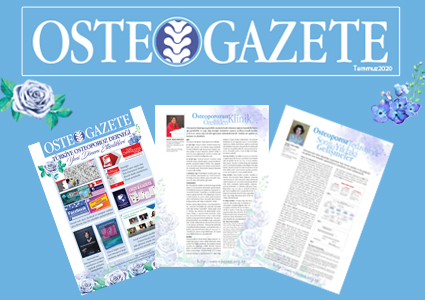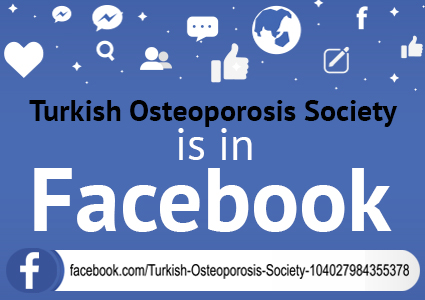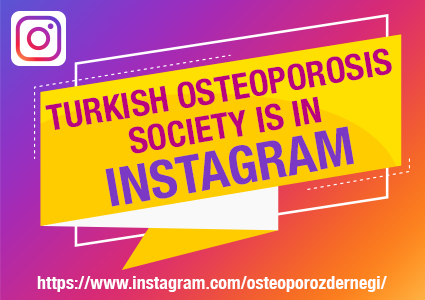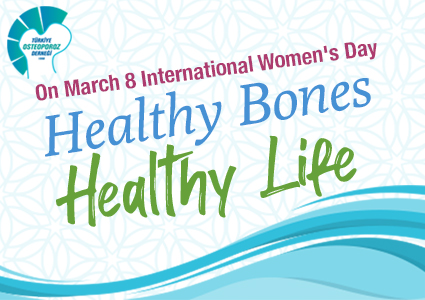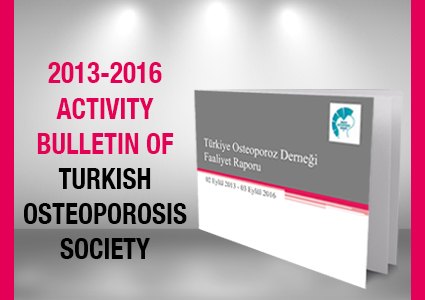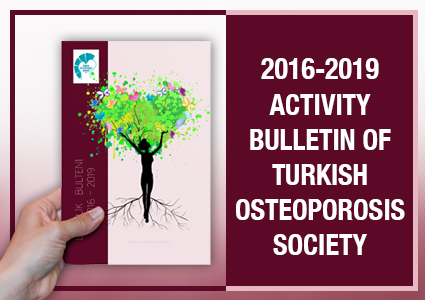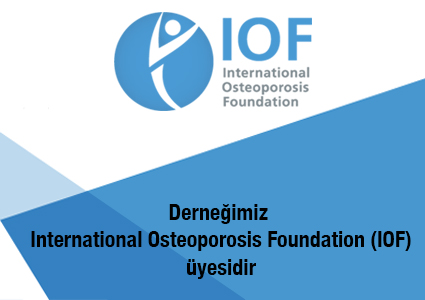

FINDINGS AND RISK FACTORS
Osteoporosis is a disease in which the density and quality of bone are reduced and bones are susceptible to fractures. The osteoporosis condition can be presented without any symptoms for decades, because osteoporosis does not cause symptoms unless bone fractures.
Although this most common skeletal disorder is seen in women especially after menopause, it occurs most often in older people of both sexes and also may affect children.
Most osteoporosis-related fractures occur in the hip, spine, wrist or forearm near the shoulder. Those fractures may result from mild falls or bumps. Loss of height is also a significant indicator of the disease. Compression fractures in the spine are responsible for the height loss and can cause a great deal of pain. Patients may lose up to 15 cm or more in their height. Successive compression or crush fractures may lead to increased curvature of the spine. As a result, there is typically an abnormal rounding of the upper back, known as a "dowager's hump”. Hip fractures are the most serious of all osteoporotic fractures and are a major cause of disability in older adults and increase the risk of death. Osteoporosis leads to back pain, posture disorders, increased risk of falls and reduced duration and quality of life and results in an economic burden to the health care system.
Genetic susceptibility plays an important role in development of osteoporosis and hormonal factors, malnutrition, inappropriate lifestyle, lack of physical activity and exercise, certain diseases and medications have significant negative effects on bone health.
RISK FACTORS FOR OSTEOPOROSIS
-
Aging – especially women over 65 years, men over 70 years
-
History of broken bones due to a mild trauma or without any trauma
-
Low estrogen levels in women and low testosterone levels in men
-
Low body weight in both women and men
-
Smoking
-
Loss of height
-
Family history of osteoporosis and/or fracture
-
Certain medical conditions
-
Long-term use of certain medications
DISEASES ASSOCIATED WITH OSTEOPOROSIS:
-
Celiac Diseaseı
-
Chronic obstructive pulmonary disease and asthma bronchiale
-
Hyperparathyroidism
-
Hyperthyroidism
-
Inflammatory bowel disease
-
Kidney stone disease
-
Rheumatoid arthritis
-
Cancer
-
Antiepileptic drugs
-
Breast cancer treatment drugs
-
Cortisone
-
Proton pump inhibitors
-
Selective serotonin reuptake inhibitors
-
Thyroid hormone treatment
-
Lithium
-
Methotrexate
-
Anti-acids
Osteoporosis is diagnosed by evaluating both risk factors and measurements of bone mineral density. There are many risk factors for the development of osteoporosis and they can be divided into two groups - modifiable and non-modifiable. Considering modifiable risk factors for preventing osteoporosis and osteoporosis-associated fractures is of importance.
Non-modifiable risk factors:
-
Age
-
Female gender
-
Family history
-
Previous fracture
-
Race/ethnicity
-
Menopause/hysterectomy
-
Long-term glucocorticoid therapy
-
Rheumatoid arthritis
-
Primary/secondary hypogonadism in men
-
Alcohol
-
Smoking
-
Low body mass index
-
Poor nutrition
-
Vitamin D deficiency
-
Eating disorders
-
Insufficient exercise
-
Low dietary calcium intake
-
Frequent falls
1- Has either of your parents broken a hip after a minor bump or fall?
2- Have you broken a bone after a minor bump or fall?
3- Have you taken corticosteroid tablets (cortisone, prednisone, etc) for more than 6 months?
4- Have you lost more than 3cm in height?
5- Do you regularly drink heavily?
6- Do you smoke more than 20 cigarettes a day?
7- Do you suffer frequently from diarrhea (caused by problems such as celiac disease or Crohn's disease)?
For Women:
8- Did you undergo menopause before the age of 45?
9- Have your periods stopped for 12 months or more (other than because of pregnancy)?
For Men
10- Have you ever suffered from impotence, lack of libido or other symptoms related to low testosterone levels?
See your doctor if your answer is `Yes` to one of these questions


















